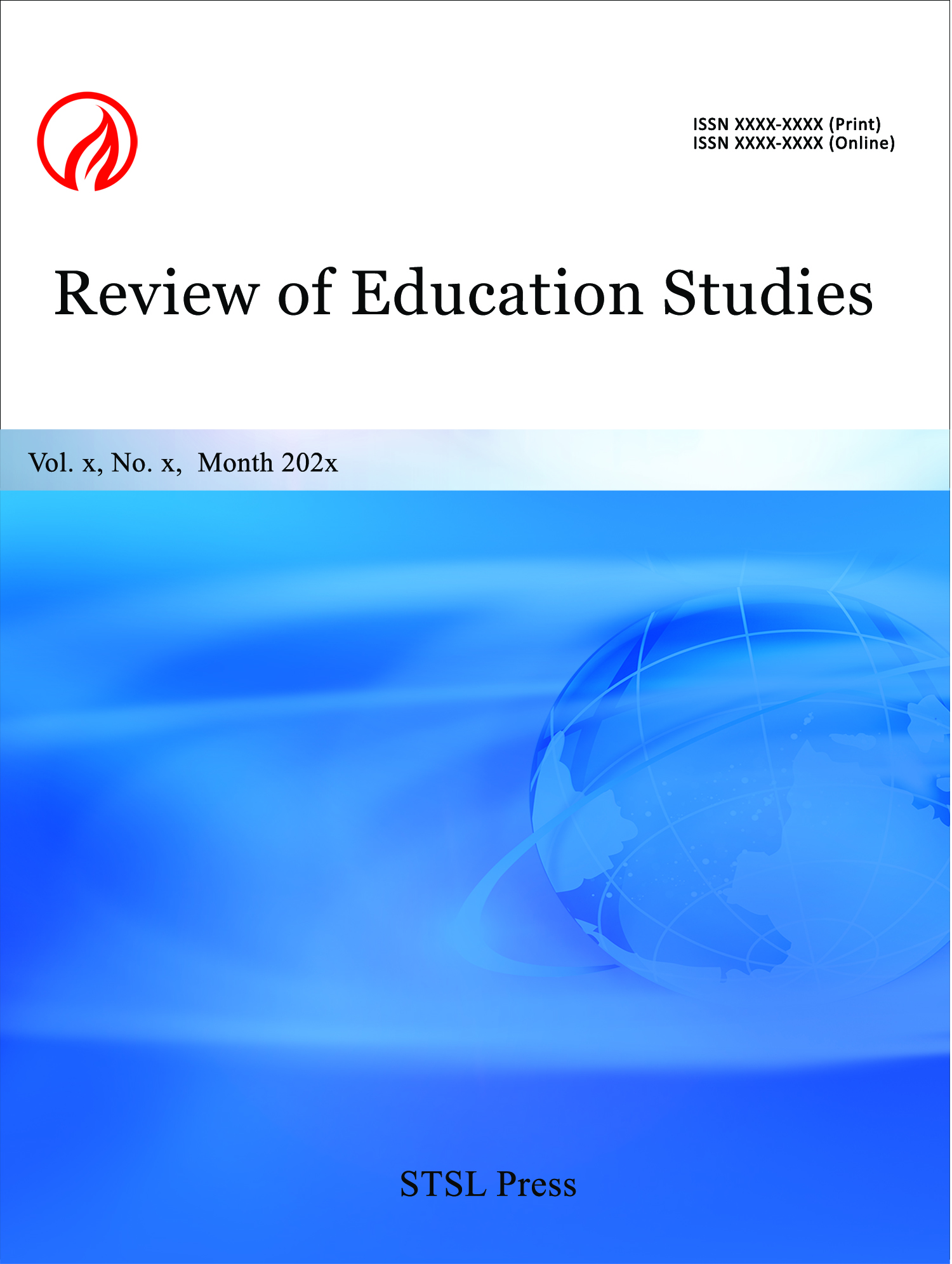Examination Malpractices and Student Nurses’ Readiness to Learn for Sustainable Health Care in Nigeria
Princewill I. Egwuasi
Ntienseobong Ekere
Ezinne N. Nwamara
Abstract
The cry for sustainable development in any field of life cannot be achievable without best practices in that enclave. This study examines the relationship between examination mal-practices and student nurses’ readiness to learn for sustainable health care in Nigeria. Akwa Ibom State is the study area, The population of the study consisted of all the nursing students in the three senatorial districts (School of Nursing, Ikot Ekpene, School of Nursing, Uyo, School of Nursing, Eket). A sample of 100 students were selected from the population of 550 nursing students using a proportionate sampling technique, which represents 18.18% (100/550*100%). The main instrument used for the study is a researchers-developed questionnaire titled “Examination Malpractices and Students Readiness to Learn Questionnaire (EMSRLQ)”. The data collected from the field was processed, coded and analyzed using Regression Analysis for research questions and Pearson Product Moment Correlation (PPMC) to test the hypotheses. In the end, the study found out that there is no significant relationship between students’ familiarity with lecturers and readiness to learn in nursing schools in Akwa Ibom State. The study also found out that there is no significant relationship between gratification to lecturers and readiness to learn in nursing schools in Akwa Ibom State. Based on the findings of the study, it is concluded that examination malpractice has a negative relationship with students’ readiness to learn. The outcome of the study is that gratification of teachers and familiarity with lecturers have a negative relationship with students’ readiness to learn. Teacher-students’ relationships while been encouraged to be formal and informal, should always be motivational, inspiring and professional. Where these tenets are not upheld, such relationships are always abused by the students, who may leverage the relationship to solicit for favours instead of inspiration.
Paper:
pdf
DOI:
https://doi.org/10.71002/res.v3n2p1
 This work is licensed under a
Creative Commons Attribution 4.0 License.
This work is licensed under a
Creative Commons Attribution 4.0 License.
Contact us
- Jennifer Smith
- res@stslpress.org
